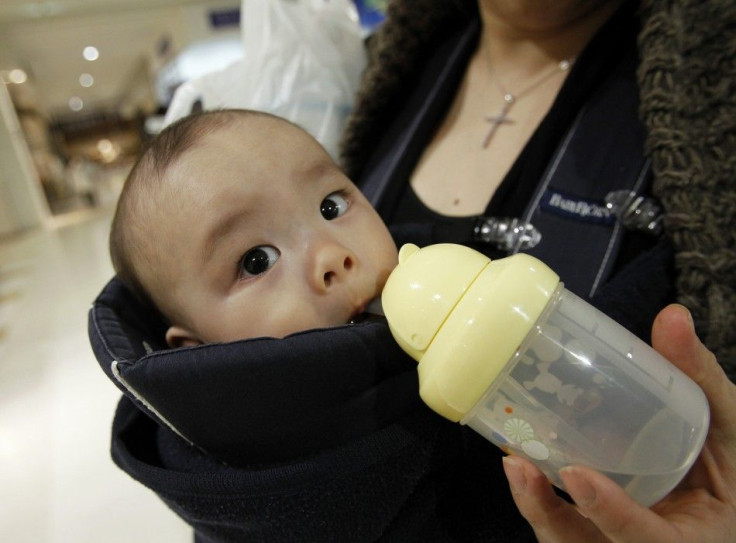Baby Bottles, Canned Food Full of Dangerous Chemical, Senator Warns

Everyday consumer products from canned food containers to baby bottles are full of a chemical known as bisphenol A (BPA) that can lead to numerous health defects, U.S. Sen. Dianne Feinstein, D-Calif., said in an op-ed column.
Feinstein notes that many other countries, including China and most of the European Union, have banned the chemical after recognizing that is has been linked to diseases ranging from breast cancer to heart disease. But in the U.S. it remains a crucial component of consumer products, from food containers to cigarette packs to plastic baby bottles.
While other countries have banned the use of BPA, the United States, driven by the powerful chemical industry, takes the opposite approach: refusing to regulate BPA until there is strong evidence to prove it is unsafe, Feinstein writes. She adds that children are particularly susceptible, but that parents have no way of protecting their children because there is no law requiring BPA to be listed on food and drink labels. The practice of warming a baby's bottle in the microwave also causes BPA to leech out into milk.
A simple first step is to take action to protect the most vulnerable -- babies and children -- and get this chemical out of baby bottles, sippy cups, infant formula cans, and baby food containers, Feinstein writes. We must not use our kids as guinea pigs with a chemical that may seriously harm their health.
A study conducted by the Canadian Medical Association revealed the prevalence of the problem, finding that that BPA levels in U.S. urine were higher than in any other country and double the level of Canada.
Consumer Reports recently tested two dozen food products and found BPA levels higher than what experts believe could pose a safety risk. The consumer watchdog recommended eating unpackaged food as often as possible.
© Copyright IBTimes 2024. All rights reserved.





















